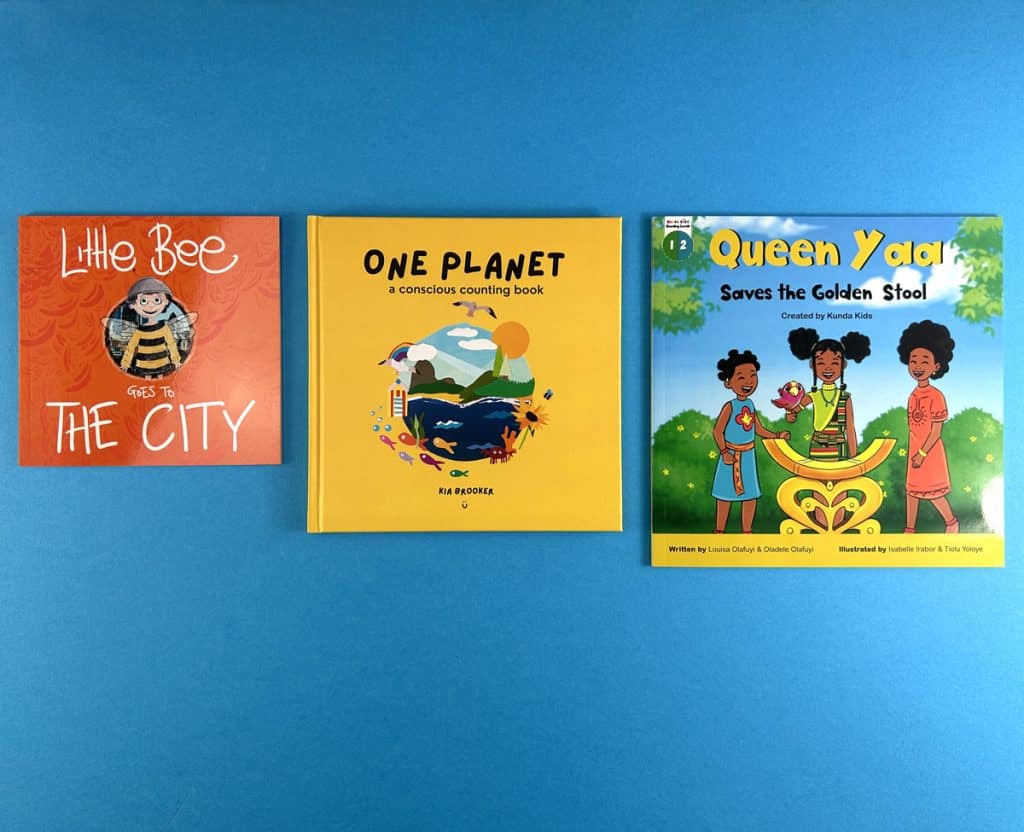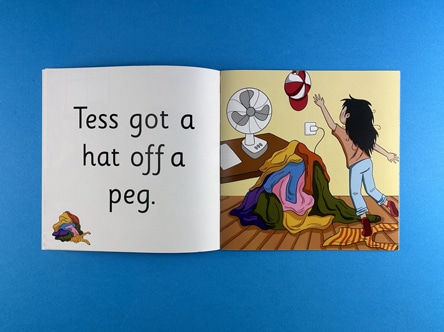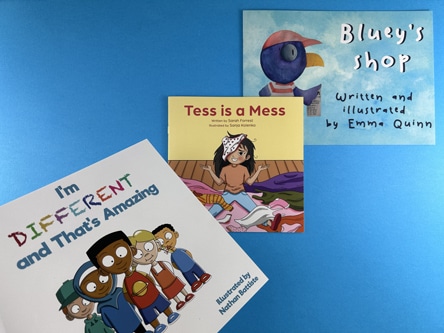The Importance of Phonics in Early Education


Phonics, the method of teaching children the relationship between sounds and letters, is a fundamental aspect of early education. It plays a crucial role in helping children develop strong reading and spelling skills, which are essential for their academic success. In this article, we will delve into the significance of phonics in the school curriculum and highlight how phonics books contribute to this process.
Before we explore the role of phonics books, let's first understand why phonics is so important in early education.
The Significance of Phonics
Phonics book printing serves as the foundation for reading and writing. It teaches children how to decode words by recognising the sounds associated with letters and letter combinations. Here are some key reasons why phonics is crucial in early education:
- Building Reading Fluency: Phonics enables children to read words accurately and efficiently, improving their reading fluency. By learning to decode words, children can recognize patterns and understand the relationships between letters and sounds, leading to increased reading speed and comprehension.
- Enhancing Spelling Skills: Phonics instruction helps children develop strong spelling skills. By understanding the sound-letter correspondences, they can spell words more accurately and confidently. Phonics also helps children recognize spelling patterns and apply them in their writing.
- Expanding Vocabulary: Phonics instruction exposes children to a wide range of words. As they learn letter sounds and decode words, their vocabulary grows, enabling them to comprehend more complex texts and express themselves effectively.
- Improving Phonological Awareness: Phonics instruction enhances phonological awareness, which refers to the ability to identify and manipulate individual sounds in words. Developing phonological awareness is crucial for future reading and spelling success, as it helps children break down words into smaller units and recognize sound patterns.
- Promoting Independent Reading: When children master phonics skills, they gain the confidence to read independently. By decoding words on their own, they become more self-reliant and can explore various genres and topics that interest them.
Now that we understand the importance of phonics in early education, let's delve into how phonics books play a crucial role in this process.

The Role of Phonics Books in Education
Phonics books are specially designed resources that facilitate the development of phonics skills in children. They provide engaging and interactive content that reinforces letter sounds, blends, digraphs, and other phonetic elements. Here are some ways in which phonics books contribute to a child's phonics journey:
1. Introducing Letter Sounds and Blends
Phonics books serve as an excellent platform to introduce letter sounds and blends to young learners. They present these concepts in a visually appealing and accessible manner, often using colourful illustrations and engaging stories. By incorporating letter sounds into captivating narratives, phonics books capture children's attention and make learning enjoyable.
Check out Ex Why Zed's range of phonics books for classroom instruction
2. Providing Reading Practice
Phonics books offer ample opportunities for children to practice their reading skills. The texts in these books are carefully structured, gradually increasing in difficulty as children progress. They include a range of phonetic patterns and sight words, enabling children to apply their phonics knowledge in context. By providing regular reading practice, phonics books help children strengthen their decoding skills and build reading fluency.
3. Reinforcing Phonics Concepts
Phonics books serve as a reinforcement tool for phonics instruction delivered in the classroom. They offer practice exercises and activities that consolidate children's understanding of letter sounds, word families, and phonetic rules. By revisiting and applying these concepts in different contexts, children develop a solid foundation in phonics, which lays the groundwork for proficient reading and spelling.
4. Cultivating Comprehension Skills
While phonics books primarily focus on decoding skills, they also contribute to the development of comprehension skills. These books often incorporate engaging stories and meaningful content that encourage children to comprehend and interpret the text. By providing a balance between decoding practice and comprehension-building, phonics books promote holistic literacy development.
5. Fostering a Love for Reading
Phonics books play a vital role in cultivating a love for reading in children. With their engaging content and captivating stories, these books spark children's imagination and curiosity. By experiencing the joy of reading early on, children develop a lifelong love for books and become enthusiastic readers. Phonics books pave the way for children to explore various genres, expand their knowledge, and develop a rich vocabulary.
Learn more about integrating phonics books into home reading programs

Conclusion
Phonics is an essential component of early education, enabling children to become confident and proficient readers. Phonics books play a crucial role in this process by providing structured and engaging resources that reinforce phonics skills. Through phonics books, children not only learn to decode words but also develop reading fluency, spelling proficiency, and a love for reading. By incorporating phonics books into the school curriculum and home reading programs, educators and parents can empower children to embark on a lifelong journey of literacy and learning.
School Phonics Books FAQs
1. Why is phonics important in early education?
Phonics is crucial in early education as it teaches children the relationship between sounds and letters, enabling them to decode words accurately. It builds reading fluency, enhances spelling skills, expands vocabulary, and promotes independent reading.
2. How do phonics books contribute to learning?
Phonics books play a crucial role in early education by introducing letter sounds and blends, providing reading practice, reinforcing phonics concepts, cultivating comprehension skills, and fostering a love for reading.
3. Where can I find phonics books for classroom instruction?
You can find a range of phonics books for classroom instruction at Ex Why Zed's phonics book printing products.
4. How can phonics books be integrated into home reading programs?
To integrate phonics books into home reading programs, you can explore strategies and resources available at Ex Why Zed's guide on integrating phonics books into home reading programs.
5. What are the benefits of teaching phonics with books?
Teaching phonics with books provides a multi-sensory approach to learning, engages children in meaningful reading practice, reinforces phonics concepts in context, and fosters a love for reading from an early age.
6. How can I print custom phonics books for individual learning?
To print custom phonics books tailored to individual learning needs, you can explore the services offered by Ex Why Zed's custom phonics book printing.


